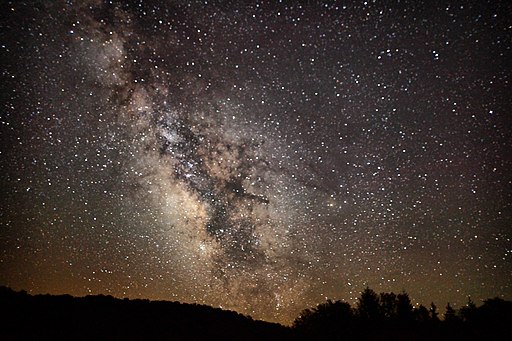This morning a brother in my Twitter sangha posted the following five paragraphs from the Pali canon (Dutiyaassutavāsutta, SN 12.62).
OK, four, plus intro. That, with allowance made for the verbose, refrain-heavy nature of Buddhist scripture, really comes to about half as much.
Nevertheless, I've dropped a TLDR at the end for the hard-of-waiting.
(Note: "disillusioned" is a positive thing in Buddhist texts. It means "freed from delusion". When you think about it, it's weird that we use that word as a complaint in English.)
So I have heard. At one time the Buddha was staying near Sāvatthī in Jeta’s Grove, Anāthapiṇḍika’s monastery. …
“Mendicants, when it comes to this body made up of the four primary elements, an unlearned ordinary person might become disillusioned, dispassionate, and freed. Why is that? This body made up of the four primary elements is seen to accumulate and disperse, to be taken up and laid to rest. That’s why, when it comes to this body, an unlearned ordinary person might become disillusioned, dispassionate, and freed.
But when it comes to that which is called ‘mind’ and also ‘sentience’ and also ‘consciousness’, an unlearned ordinary person is unable to become disillusioned, dispassionate, or freed. Why is that? Because for a long time they’ve been attached to it, thought of it as their own, and mistaken it: ‘This is mine, I am this, this is my self.’ That’s why, when it comes to this mind, an unlearned ordinary person is unable to become disillusioned, dispassionate, and freed.
But an unlearned ordinary person would be better off taking this body made up of the four primary elements to be their self, rather than the mind. Why is that? This body made up of the four primary elements is seen to last for a year, or for two, three, four, five, ten, twenty, thirty, forty, fifty, or a hundred years, or even longer.
But that which is called ‘mind’ and also ‘sentience’ and also ‘consciousness’ arises as one thing and ceases as another all day and all night. It’s like a monkey moving through the forest. It grabs hold of one branch, lets it go, and grabs another; then it lets that go and grabs yet another. In the same way, that which is called ‘mind’ and also ‘sentience’ and also ‘consciousness’ arises as one thing and ceases as another all day and all night.
TLDR: It's not hard to accept that our bodies are temporary. What we really don't like is that our personhood is just as biodegradable. It changes constantly – we cease to exist and then reappear in different form from moment to moment – until one day no trace, physical or metaphysical, remains of us.
Reading this, I became disillusioned, dispassionate, and freed.
Deep bow to my brother.
(Photo of a fragment from an 18th century Thai anthology of Pali canon teachings courtesy of the Chester Beatty Library [Dublin] and Wikimedia Commons.)















